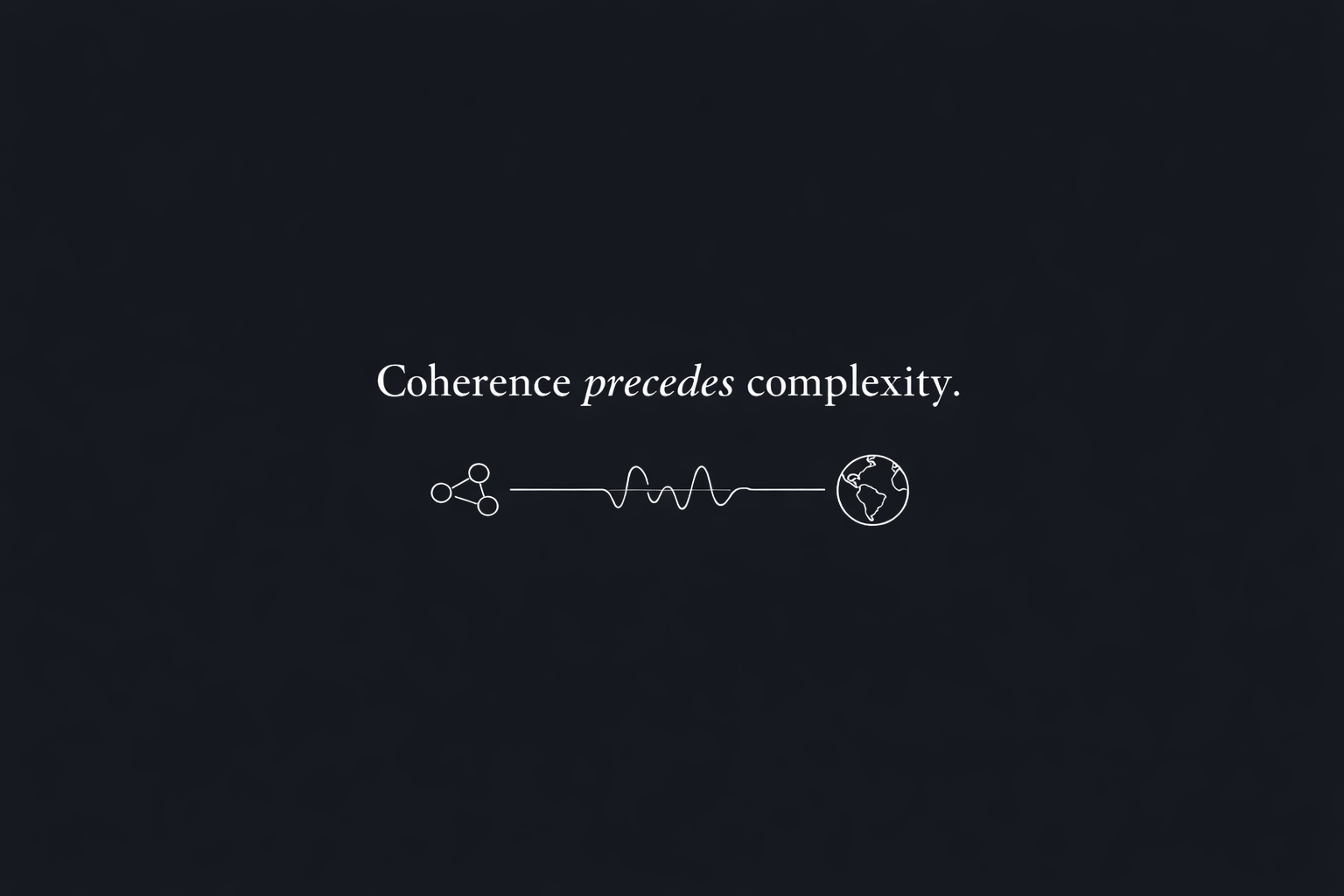Aug30

1963, John F. Kennedy Established a Direct Phone Line to the Kremlin.
Change Leadership Lessons: The implementation of the ‘Moscow-Washington hotline’ teaches us valuable lessons about the nature of change leadership during crises. Leaders of change are proactive problem-solvers; the implementation of the hotline was a pre-emptive solution that anticipated potential issues. They develop simple, effective solutions that directly address the core need. Change leaders continuously evaluate and enhance their strategies and tools to maintain effectiveness in an evolving environment. They embrace dialogue, even with adversaries, building trust through transparent communication channels to overcome resistance and foster collaboration. Leaders of change prevent misunderstandings during critical situations through clear communication pathways that manage crises during organisational change. Change Leaders Prioritise Lucid Communication.
“Leaders of change are proactive problem-solvers in communication, they embrace dialogue, even with adversaries, building trust to overcome resistance and foster collaboration”
Further Reading: Change Management Charade - Leadership of Change Volume 8
Have a fantastic weekend with the ones you love and care for, enjoy some fresh air, exercise, eat, drink and be happy.
Peter consults, speaks, and writes on the Leadership of Change®. He advises CEOs on how to prepare and align their corporate leadership teams to successfully lead their organisation's change.
For further reading please visit our websites: https://www.a2b.consulting https://www.peterfgallagher.com Amazon.com: Peter F Gallagher: Books, Biography, Blog, Audiobooks, Kindle
Leadership of Change® Body of Knowledge Volumes: Change Management Body of Knowledge (CMBoK) Books: Volumes 1, 2, 3, 4, 5, 6, 7, A, B, & C available on both Amazon and Google Play:
~ Leadership of Change® Volume 1 - Change Management Fables
~ Leadership of Change® Volume 2 - Change Management Pocket Guide
~ Leadership of Change® Volume 3 - Change Management Handbook
~ Leadership of Change® Volume 4 - Change Management Leadership
~ Leadership of Change® Volume 5 - Change Management Adoption
~ Leadership of Change® Volume 6 - Change Management Behaviour
~ Leadership of Change® Volume 7 - Change Management Sponsorship
~ Leadership of Change® Volume 8 - Change Management Charade
~ Leadership of Change® Volume A - Change Management Gamification - Leadership
~ Leadership of Change® Volume B - Change Management Gamification - Adoption
Keywords: Leadership, Change Management, Business Strategy
 Coherence Before Complexity
Coherence Before Complexity The Corix Partners Friday Reading List - February 20, 2026
The Corix Partners Friday Reading List - February 20, 2026 The retail playbook that worked for 30 years? It's not broken. It's just finished.
The retail playbook that worked for 30 years? It's not broken. It's just finished. Testing Suez: Economics Are Driving Carriers Back Into the Red Sea
Testing Suez: Economics Are Driving Carriers Back Into the Red Sea Mastering Social Media in 2026: Optimizing Networking and Advocacy for the Digital Age
Mastering Social Media in 2026: Optimizing Networking and Advocacy for the Digital Age